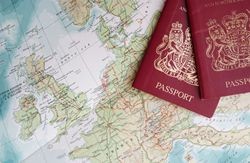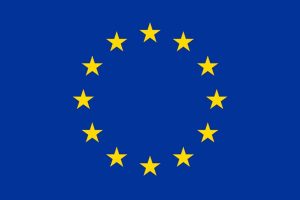Learn About Working in the EU as an EU national
As an EU national you generally have the right to work for an employer or as a self-employed person in any EU country without a work permit. (Some restrictions are in place for Croatian citizens in some countries, and for some EU citizens in Croatia). This guide gives an overview of what you need to know before you embark on your career abroad.
Regulated professions
Some professions are regulated differently depending on the country, and employers may require that your qualifications, training, and professional experience be officially recognized before you can start working. If you are moving on a short assignment (maximum of 2 years) you won’t need your professional qualifications recognized, although you may need to make a written declaration for some professions.
To check whether you need to have your qualifications recognized, you can use the regulated professions database. Beware that you will need to know the name of the job in the local language. If you cannot find your profession in the database, contact the national contact point in the country where you wish to work. They can also advise you on what you need to submit to the authorities.
If you want to work abroad in a regulated profession, go ahead and have your qualifications recognize.
Social security
Every EU country is free to design its social security system independently, meaning that rules on things like unemployment and other benefits vary. However, EU rules determine under which country’s system you should be insured when two or more countries are involved – for instance, if you live in one EU country but work in another. Before leaving, it is, therefore, a good idea to find out which system applies to you.
Family benefits
Is your family joining you? All EU countries offer some family benefits but amounts and conditions differ widely. In some countries, you will receive regular payments, while in others your family situation may give rise to tax benefits rather than payments.
The country responsible for your family benefits, child benefits, maternity/paternity leave etc…depends on a number of things including your economic status, place of residence, and duration of your stay. Your nationality is not a factor.
Healthcare
EU citizens can get healthcare under the same conditions as other local residents when abroad. Which country pays for your medical treatment will depend on your specific situation. If you take prescription medicines, remember that these may not be available or could have a different name in another country. Learn more about expat healthcare.
Finding a Job abroad
Intrigued by these opportunities? If you want to take the next step and are interested in finding a job abroad check the EURES portal which lists vacancies throughout Europe.




